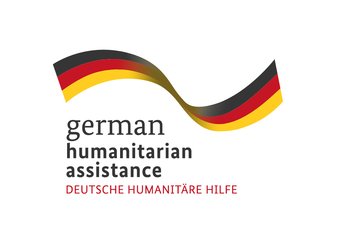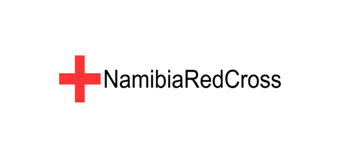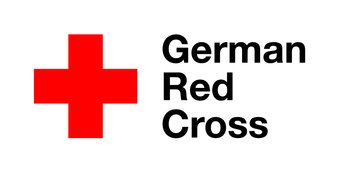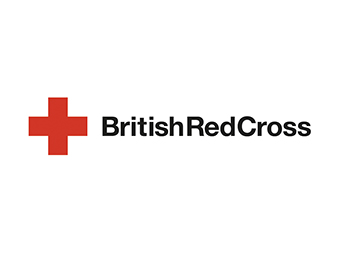Categories
Forecast-based Financing: Closing the gap between disaster preparedness and emergency relief in Southern Africa
As part of the German Red Cross supported FbF Southern Africa Project (FbF-SAP), Namibia Red Cross Society (NRCS) began working on FbF in 2020. An early action protocol (EAP) is being developed in partnership with governmental stakeholders focusing on drought risk, supported technically by the German and British Red Cross, as well as the Red Cross Climate Centre and 510 Initiative of the Netherlands Red Cross.
Project objective
NRCS seeks to reduce the humanitarian impact of drought by improving drought forecasting and monitoring capacities within the region. This will make sure that droughts do not catch exposed and vulnerable communities off-guard.
Key facts
Start/end date
2020-2022 (German Red Cross supported)
2020-2024 (British Red Cross supported)
Hazards covered
Drought
Regions covered
EAP covered regions to be identified
Anticipatory Action Protocols/Plans in place
In process
Key actors/implementing partners
The Namibia Red Cross Society (NRCS), with technical support from the German Red Cross and the British Red Cross, the Red Cross Red Crescent Climate Centre, the International Federation of the Red Cross, as well as the 510 initiative of the Netherlands Red Cross works closely with Namibia’s National Disaster Management Authority DMA, the Division of Meteorological Services, as well as UN agencies and the Humanitarian Coordination Team (HCT).
Anticipation in practice: Project description
Namibia, as most arid country in the southern Africa region, suffers from severe droughts and subsequent food insecurity on a regular basis. Namibians experience high levels of water stress and scarcity even in non-drought years and drought plays out differently according to the agro-ecological zones that the drought is present in. For this reason, NRCS selected drought as priority hazard for FbF. The project is now working on an EAP on drought risk, for which new partnerships and a national technical working group for anticipation of drought are being built. NRCS is integrating FbF into a wider program to strengthen cash preparedness, shock-responsive social protection and preparedness for effective response. As the initiative is still in its early stages, no early actions have been defined.
Outcomes and lessons learnt
Although FbF development in Nambia has just begun, the FbF process has already shown potential to bring communities of practice together and build new partnerships, such as with local universities, the Office of the Prime Minister (OPM) and the Division of Meteorological Services.
The EAP development process is supporting wider data preparedness within the National Society as well as address capacity needs for wider preparedness for effective response.
As part of a regional project on FbF, NRCS is sharing the process of EAP development with National Societies in Mozambique and Lethoso, building on strong and frequent exchange and peer-to-peer learning between the three countries.
FbF programs supported by consortia of several partner national societies (PNSs) benefit from the diversity of expertise and technical advisory services held among different National Societies. Partnership has therefore proven to enrich the FbF program.
Contact
Ana de Castro Palomo
FbF Programme Manager, BRC
Anna Lena Huhn
Regional FbF Delegate, GRC
Partner
Supported by:






